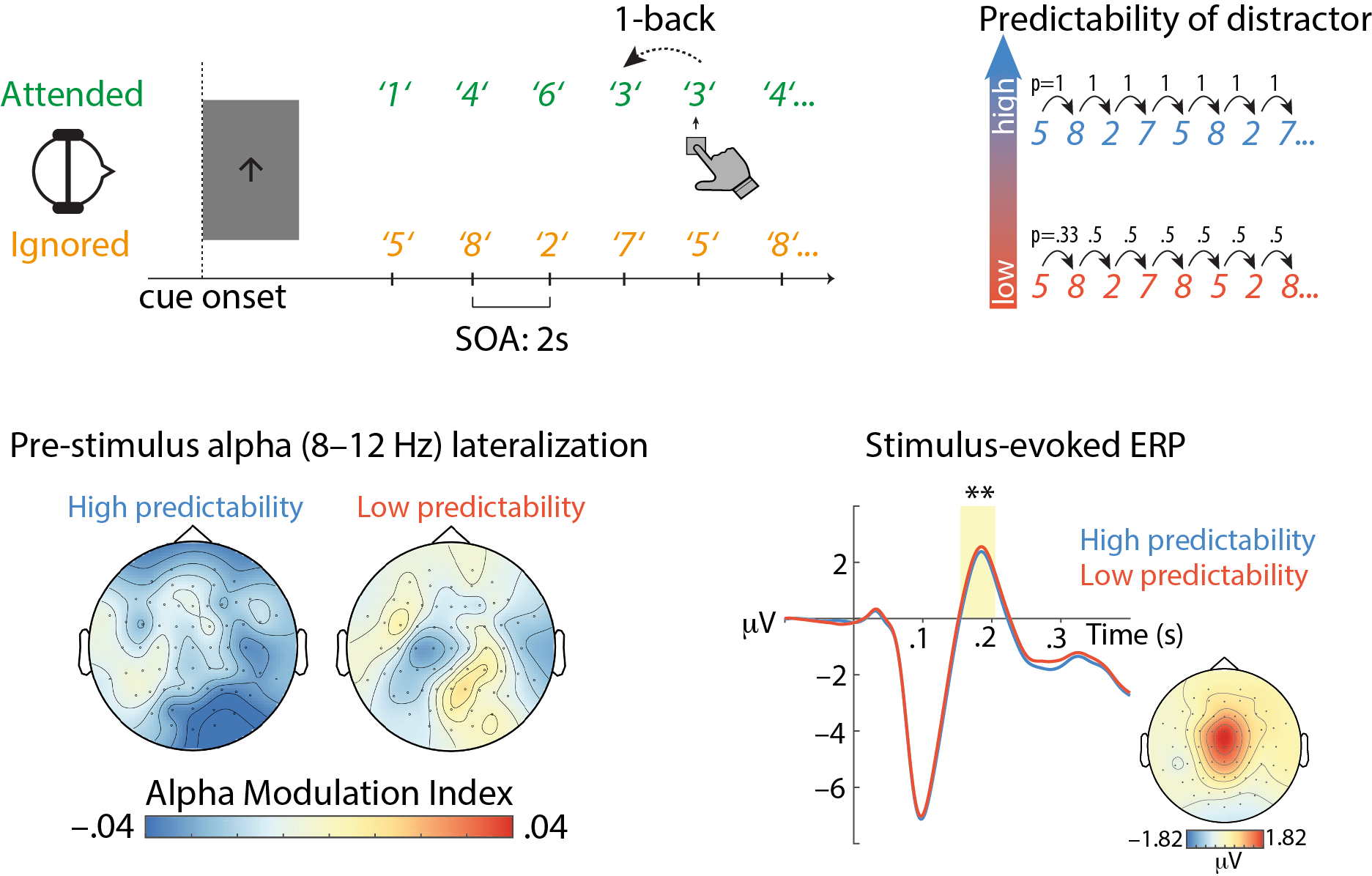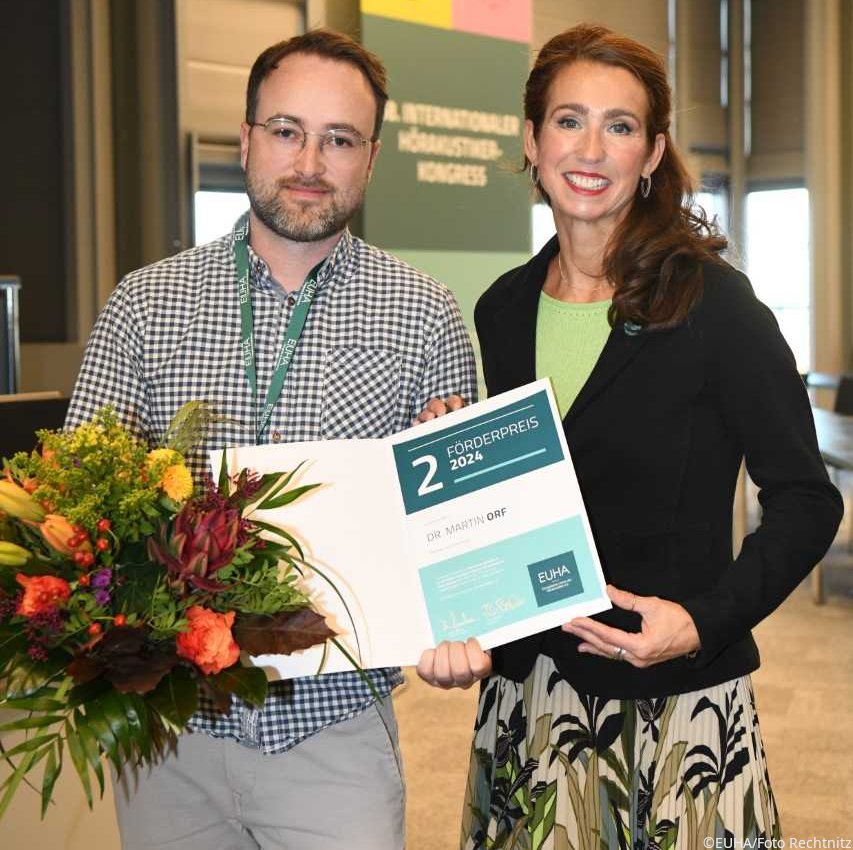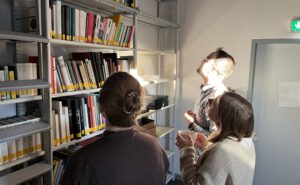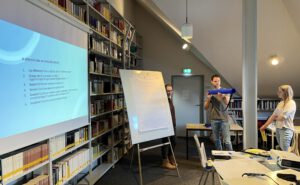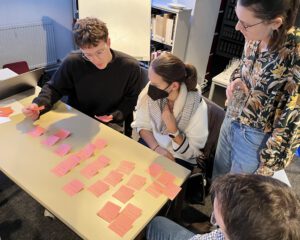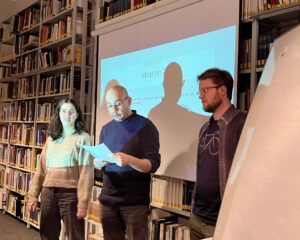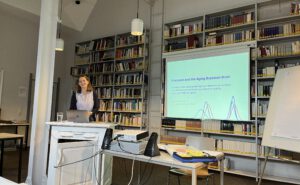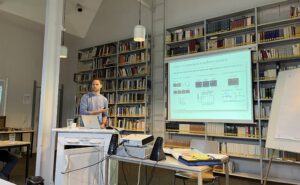A true Hoerhanse collabo: Markus Kemper and our colleagues from the Deutsche Hörgeräte Institut (DHI) show, with Jonas’ help, and using data acquired in our lab, that hearing aids do take their however slight toll on the cognitive system:
Despite the unquestionably great help that hearing devices do provide to those with impaired hearing, the technical noise and digital signal processing chain of hearing aids do amplify measurably the typical signatures of effortful listening.
Especially the pupil dilation, hallmark of increased locus coeruleus/noradrenergic activity in response to sensory–cognitive challenges, is notably more pronounced when listeners respond to a standard speech-intellgibility test (OLSA) while listening through a “transparent” (i.e., switched-on, but not amplifying) hearing aid.
Out now in Trends in Hearing.

